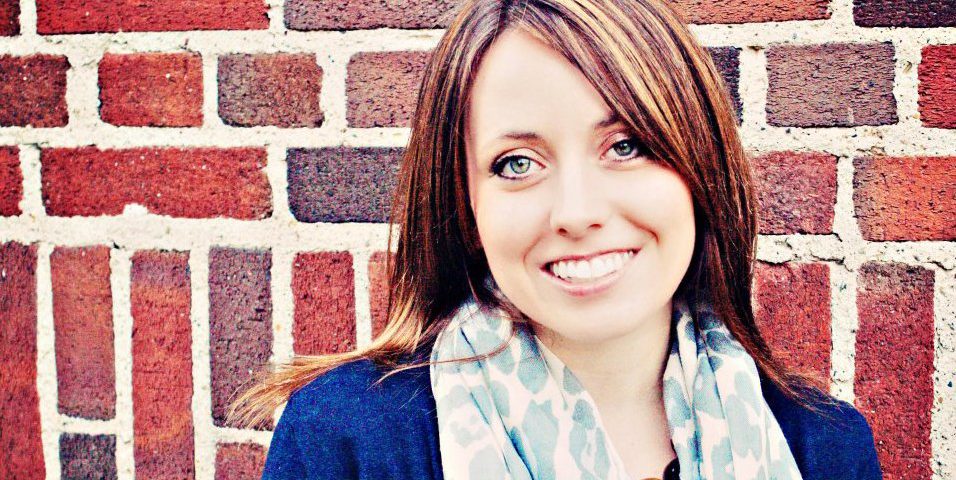In celebration of Ordain Women’s fifth anniversary, we sponsored a panel at the 2018 Sunstone Symposium in Salt Lake City titled “Looking Back, Looking Forward: The Many Voices of Ordain Women.” As we look to the future and a new organizational structure that emphasizes both individual and collective, local and global activism on women’s ordination and gender equality in the Church, the panel not only drew on the past to inform a discussion of our initiatives going forward but also featured the thoughts and experiences of a number of OW executive board members and supporters who share the common vision of a more equitable religious community. The following was presented by OW executive board member, Christy Ellis-Clegg.

Since Ordain Women’s founding 5 years ago, there have been changes within the church directly as the result of Ordain Women’s work. One of the contributions this movement has made to Mormonism has been in bringing the idea and conversation about women’s ordination to the priesthood out into the open among church members. Whether or not one is wondering about women’s ordination, supportive of women’s ordination, or deeply opposed to women’s ordination, the question is being discussed and debated among church members today. Importantly, these conversations are not just happening among progressive Mormons in private or behind closed doors, but rather some of these conversations are happening within the walls of our meetinghouses.
I submitted my profile in May of 2013, shortly after the founding of Ordain Women. I decided to submit a profile and participate in Ordain Women actions because I fiercely believed that if we had the opportunity to access our leaders and communicate to them our experiences in the current structure of the church and the reasons that led us to the idea of women’s ordination, I believed our leaders would hear us, respond to us and see us as Christ does: seekers of truth. I didn’t expect that women would immediately be ordained or that these ideas would be immediately welcomed; I also didn’t expect the negative treatment supporters of Ordain Women received from the church leadership and from other members of the church. Rather than being treated as committed members of the church who wanted to more fully participate, we were treated as enemies who wanted to harm the church. This experience was a turning point in my life and in my spiritual development within the church. I had to grapple with the knowledge that my deeply-held values are not shared by the church leadership and instead, these values are discouraged and punished. This realization about my faith eventually led me away from regularly attending church.
At times I have wondered or been asked about why I continue to stay engaged with a group advocating for women’s ordination to the priesthood when I no longer attend church and would not opt to be ordained today, even if it were revealed that women could be ordained. One reason that I continue to stay engaged in advocating for women’s ordination is that I have recognized and experienced the harm that is caused when women are taught that they have a separate but equal role, and especially because that “separate” role excludes women from having spiritual and institutional authority. These rigid views of men’s and women’s roles and capabilities didn’t just impact me during church activities. These views also impacted the decisions I made outside of the church, how I viewed myself in the world and became interwoven with my identity. My hope is that there will be future generations women in the church who will never know through experience the challenges and pain of existing within a structure that tells women they are separate but equal and have no institutional or spiritual authority.
A few months ago, I attended a panel discussion in NYC about religious feminism. One of the panelists, Mona Eltahawy, spoke about her own religious activism in the Muslim faith. Though she is not currently a believer and describes herself as a liberal Muslim, she continues to speak about and advocate for equality in the Muslim faith. Mona highlighted her reasons for continuing that work by using an example of transgendered individuals serving in the military. Mona stated that while she is not transgendered and has not served in the military, she believes that transgendered individuals should be able to serve in the military. It is simply an issue of equality that impacts our world and represents the values we hold. Hearing Mona share her thinking on this made a lot of sense to me. Whether or not I attend church on a weekly basis doesn’t determine the validity of my involvement. Engaging in a cause to highlight inequality and wanting to help correct it is valid. It is also a cause that is personal for me: I am Mormon and have invested in the church and have experienced the effects of the current structure.
My hope for Ordain Women in the coming years is that the organization will continue to bring attention to the issues of inequality in the church. My hope is also that Ordain Women will continue to engage in direct actions that keep the conversation going. My hope is that these conversations will expose future generations of young men and young women to critically thinking about women in expanded roles.
You can listen to the Sunstone presentation:
Stream here or download. For access to more of Sunstone’s 2018 Symposium, visit their website.





